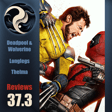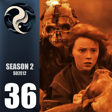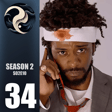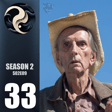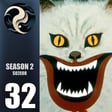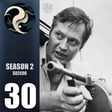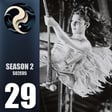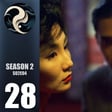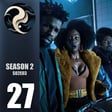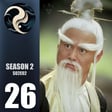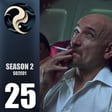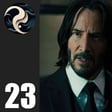
Episode 012 - Hope Signals
In this episode, we discuss recent movie news and recent viewings as well as continue our conversation around Native American film and representation in media including Terrence Malick's The New World and Season 2 of Reservation Dogs
Sifting through decades’ worth of mass media consumption, my friend and fellow cinemaphile Scrumpy joins me in discussions on film from the low to high brow
CREDITS:
Intro clip from Sterlin Harjo and Taika Waititi's "Reservation Dogs" Season 1 (2022) from FXP, Piki Films, Film Rites and distributed by Disney Platform Distribution and Disney-ABC Domestic Television
Opening music: https://pixabay.com/music/id-116199/
Closing music: https://pixabay.com/music/id-11176/
Two Oceans is a creation of Siouxfire & Scrumpy in association with SiouxWIRE

